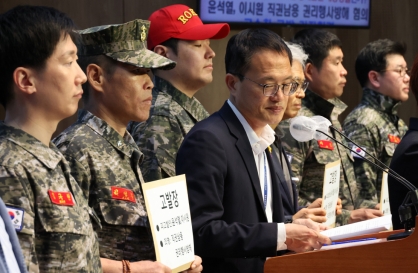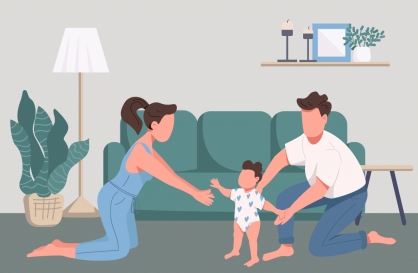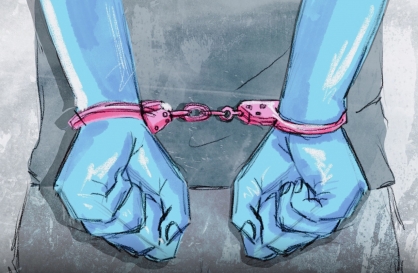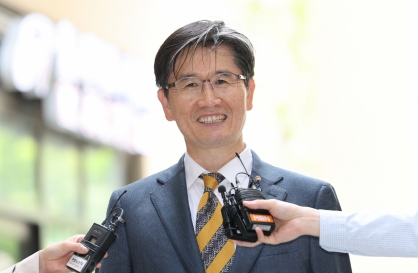Concerns are mounting as the two-year grace period for small firms on a workplace safety law is set to expire this week, after major parties failed to agree on granting an additional grace period.
The Yoon Suk Yeol administration and the ruling People Power Party sought an additional two-year grace period for the enforcement of the Serious Disasters Punishment Act for firms with fewer than 50 employees.
The ruling party held a series of negotiations with the main opposition Democratic Party of Korea, but the rival parties failed to work out a compromise. As a result, the People Power Party’s proposed revision to the law is unlikely to pass at the main session of the National Assembly on Friday. Barring a last-minute breakthrough, the grace period will end Saturday.
The workplace safety law went into effect on Jan. 27, 2022, for firms with 50 or more employees, with a two-year grace period offered to those with fewer than 50 workers. Companies with fewer than five employees are excluded from the application of the law.
Under the law, business owners or CEOs of companies can be sentenced to at least one year in prison or slapped with fines of up to 1 billion won ($749,500) when deadly accidents take place due to lax workplace safety measures.
The Korea Federation of SMEs, a group representing small firms, held a press conference Tuesday and called for the second extension of the grace period, citing the lack of preparation.
“If the law goes into force as planned, small companies that fail to prepare for the regulation will shut down and workers will lose their jobs,” the group said, adding that the government and the ruling party should positively reconsider the Democratic Party’s proposal to set up a new state agency on workplace safety.
During the negotiations, the Democratic Party proposed the creation of a new government organization dedicated to ensuring occupational safety and preventing industrial disasters as a precondition to extend the grace period again, among other demands.
The Yoon administration, which does not want to add another state agency, is in no position to accept the proposal, which could add a significant burden to the already tight budget as well as the recruitment of new public officials.
The underlying issue is that many of the companies with fewer than 50 employees cannot afford to secure the new funds and staff needed to comply with the workplace safety law. In many cases, CEOs at small firms tend to take care of all sorts of business affairs ranging from production to finance to marketing. If the CEO is given a prison term in the event of a deadly accident, the company in question is likely to collapse.
Late last year, the Korea Enterprises Federation held a survey on 1,053 small companies with fewer than 50 employees and found that only 6 percent of respondents were fully prepared for the enforcement of the workplace safety law. More firms were scheduled to finish preparations in time, but 87 percent said they could not make it before the enforcement of the law.
Small companies complain about adverse business conditions stemming from high interest rates and lackluster consumption. Many firms find it too costly to hire new workplace safety personnel at a time when their businesses face difficulties.
Some 837,000 companies employ between five and 49 workers across the nation, and around 60 percent of workplace deaths happen at these small firms.
Given that the grace period is about to expire, the government must take steps to offer its full support for small firms, from safety manuals to necessary equipment. After all, prevention matters most when it comes to workplace safety.


![[KH Explains] No more 'Michael' at Kakao Games](http://res.heraldm.com/phpwas/restmb_idxmake.php?idx=644&simg=/content/image/2024/04/28/20240428050183_0.jpg)




